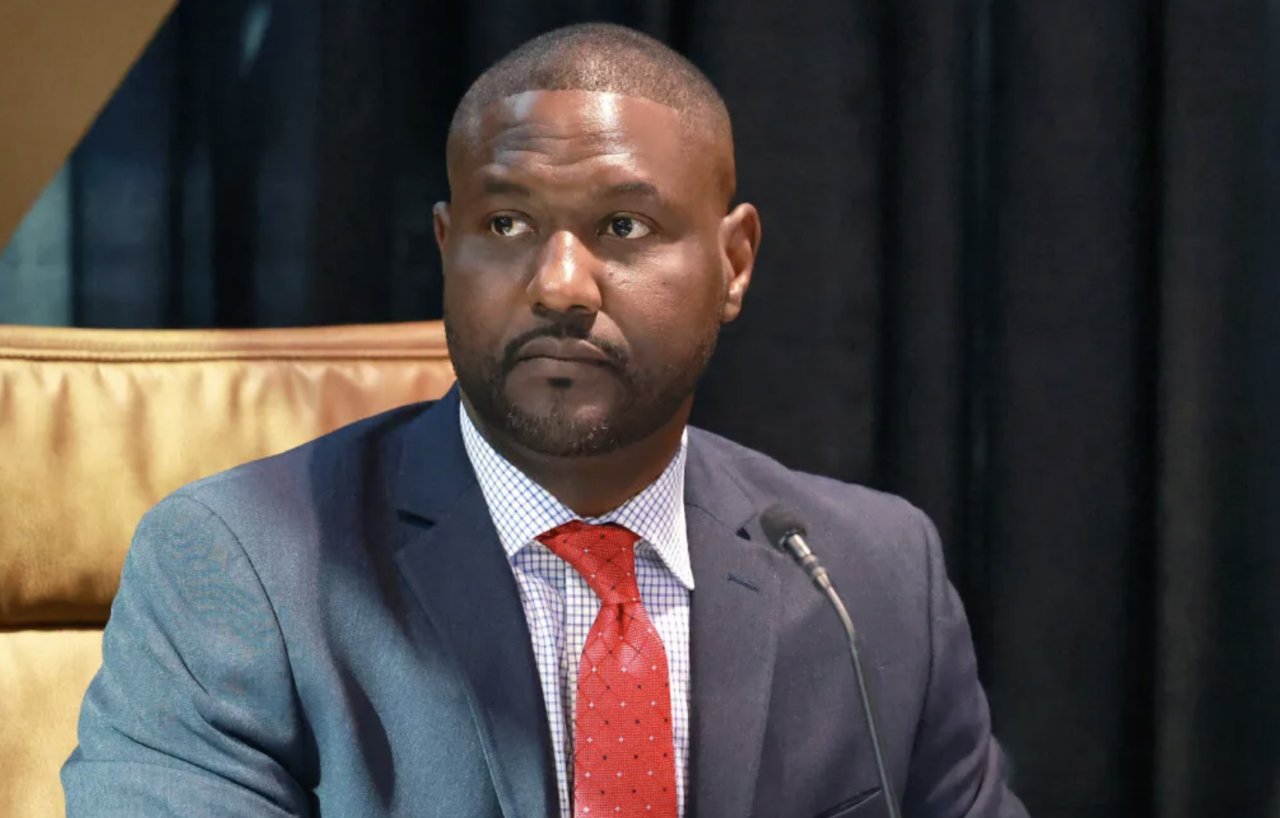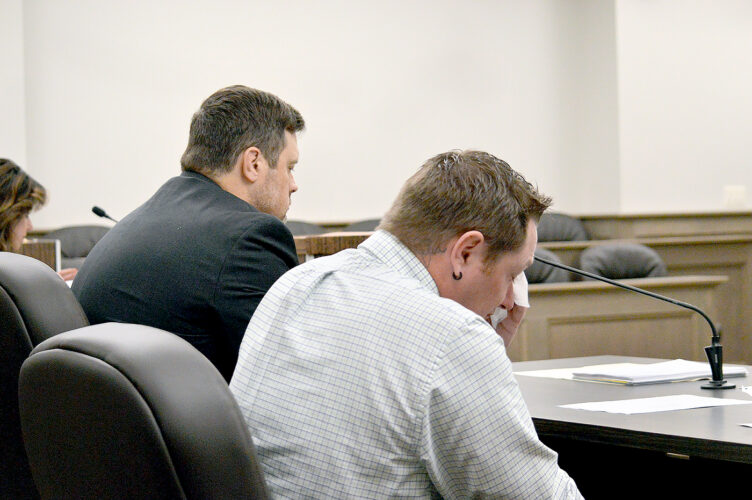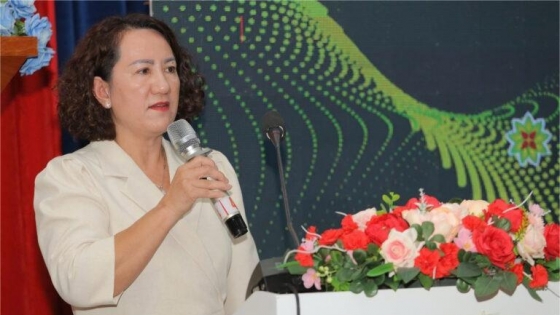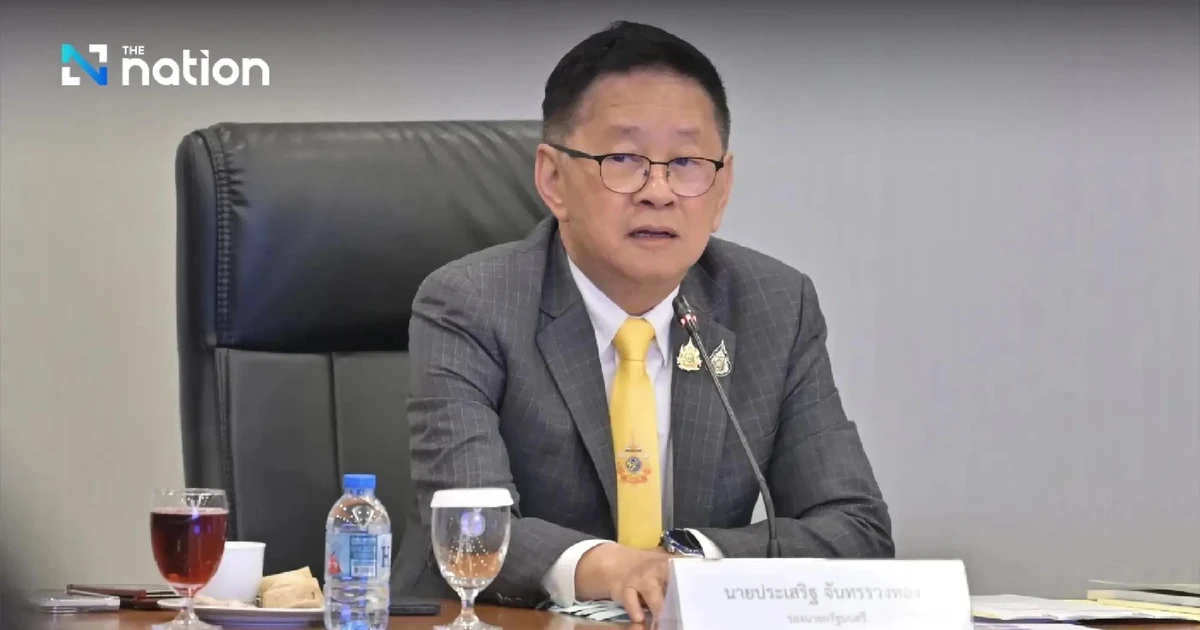
Complete your personal information for a more tailored experience
Home
Don't miss out
Subscribe to STAT+ today, for the best life sciences journalism in the industry
By
Dec. 18, 2024
Goozner is the former editor-in-chief and columnist at Modern Healthcare.
Online vitriol isn’t pretty. But the mass schadenfreude that greeted the assassination of United Healthcare CEO Brian Thompson, while cruel and inappropriate, did succeed in drawing attention to growing rage over the nation’s private health insurance system.
Consumers are angry because the premiums for their health insurance are too high. Patients are angry because they pay too much out-of-pocket for health care when they use their insurance. Both patients and their doctors are angry when they are denied services by a distant bureaucrat working for a health insurer.
advertisement
Among all advanced industrial countries, the U.S. goes furthest in using premiums, copays, and deductibles to influence access to care. Proponents argue that making patients have more “skin in the game” incentivizes them to stop purchasing unnecessary care and lower overall health care spending.
It has never worked. Studies have repeatedly shown that patients respond to high out-of-pocket costs by avoiding necessary and unnecessary care in equal measure. Avoiding necessary care is one reason why the U.S. has worse health outcomes than many nations that spend much less on health.
It is time to put an end to this failed experiment. If we want a humane health care system that delivers better outcomes, we must design payment policies that serve patients, not the insurance industry.
advertisement
Where to start? Government must set a hard cap on the share of household income that can be spent on premiums, copays, and deductibles in any given year. This simple, easily enacted reform will make using health insurance affordable and put an end to medical debt.
To pay for this reform, payers in both the public and private sectors must change how they reimburse hospitals and doctors. The current system is almost entirely fee-for-service. It needs to change to guaranteed annual budgets for hospitals and physician practices with strict rules governing what services must be delivered.
Meeting patient needs while staying within a budget can only be achieved if providers control the purse strings. Surely a country that spends 50% more than any other on health can meet every citizen’s health care needs if providers have the flexibility to efficiently allocate resources.
Under guaranteed budgets, hospital systems and physician practices will be able to redirect personnel and financial support toward primary care, prevention, and addressing patients’ social needs, which will hold down costs. It also gives providers the power to drive down prices, both internally (by eliminating administrative waste and better use of personnel) and from external suppliers like the drug, device, test and imaging equipment makers. The Veterans Administration, which operates the nation’s largest health care system, operates within a guaranteed annual budget.
Under the current system, most hospitals, physicians, and their suppliers (including drugmakers) receive a payment for every service or product they deliver. Like any piecework system, the more they deliver and the higher the price, the more they make.
Conversely, insurers are incentivized to deny care under fee-for-service medicine. The less they allow, the more they make. The easiest way to pad profits is to hold down utilization through tactics like prior authorization.
The irony is that insurers are already paid a lump sum for each enrollee by employers, Medicare and Medicaid (more than half of Medicare and nearly three-quarters of Medicaid beneficiaries are now in insurer-run plans). This system gives control of the money to the wrong party.
advertisement
Giving hospitals and doctors the power to determine how our health care dollars get spent is not single payer. Both government programs and private insurers will contribute to the annual budgets, whose growth can be adjusted by state or federal regulators for inflation, demographic changes, emergency health challenges like pandemics, and new technology.
Unacceptably high out-of-pocket costs are not a new problem. When Medicare was created in 1965 to cover the elderly, experts warned the high deductibles for hospital coverage and the premiums and copays for physician coverage would force beneficiaries to self-ration care. “Those can be fixed,” President Lyndon B. Johnson said, “once it sinks in that Medicare is here to stay.”
Unfortunately, the government never addressed the problem. Instead, it allowed the insurance industry (with a big assist from AARP, the nation’s largest senior citizen lobby) to sell supplemental plans to cover out-of-pocket costs. Eventually, nearly three quarters of seniors in the program purchased such coverage either directly or through their former employer’s retirement plan.
However, as rising health care costs drove supplemental plan premiums skyward, a growing share of seniors opted for insurer-run Medicare Advantage plans, which promised additional benefits and low or no upfront premiums. Today, over half of seniors are in insurer-run plans, which are highly profitable because the government pays insurers more than if those beneficiaries had remained in traditional Medicare.
Cost-conscious seniors opting into Medicare Advantage rarely consider the downsides until they get seriously ill. Those can include large copays for some drugs, tests, and procedures; narrow provider networks; delayed care through prior authorization; and outright denials, which even when medically rational (many aren’t, driven by algorithms rather than an objective review of need) are rarely explained to beneficiaries.
Many employers are deploying similar tactics to limit their exposure to rising health care costs for the 180 million lives they cover. In 2006, only 10% of workers with employer-provided insurance were enrolled in high-deductible plans. Today, that number is more than 40%.
advertisement
The individual plans sold on the exchanges fell into a similar trap. Nearly half the 16.1 million people who signed up for Obamacare plans in 2024 chose bronze plans because of their low upfront premiums. However, they only cover about 70% of total health care costs. Another 7 million bought silver plans (80% coverage). Both groups can get socked with big copays and deductibles when they require health care.
The net result is escalating out-of-pocket costs for millions of the insured; the emotional devastation of having to deal with huge bills when seriously ill; and escalating medical debt.
The “skin in the game” experiment has failed to achieve its primary raison d’être. Over the past two decades, it has not prevented health care spending from growing at the same rate or faster than the rest of the economy. For patients’ sake, it needs to stop.
Merrill Goozner is the former editor-in-chief and columnist at Modern Healthcare. He now publishes GoozNews.
Have an opinion on this essay? Submit a letter to the editor.
Merrill Goozner
The smartest thinkers in life sciences on what's happening — and what's to come
Your data will be processed in accordance with our Privacy Policy and Terms of Service. You may opt out of receiving STAT communications at any time.
By Torie Bosch
By
advertisement
By
By
By
By Rachel Cohrs Zhang
By Jason Mast
By Casey Ross and Bob Herman
By Casey Ross
By
Share options
X
Bluesky
LinkedIn
Facebook
Doximity
Copy link
Reprints
Reporting from the frontiers of health and medicine
Company
Account
More













